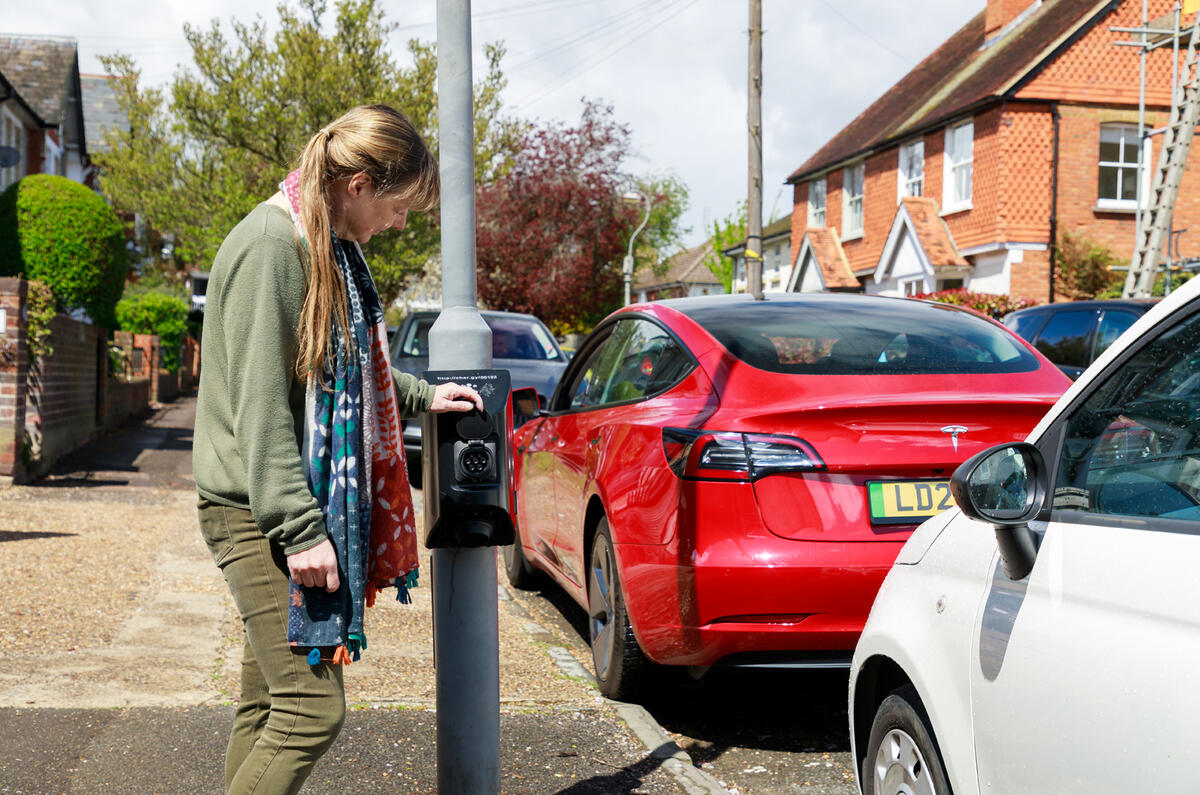The car industry needs to do more to both appeal to and help educate female drivers when advertising new models, or risk alienating them at a time when inclusivity is more important than ever, leading automotive figures have said.
This is especially the case with electric cars, with male-focused adverts potentially sidelining women who the industry needs to help accelerate private EV ownership.




Add your comment